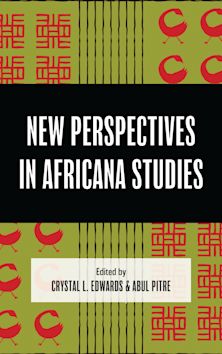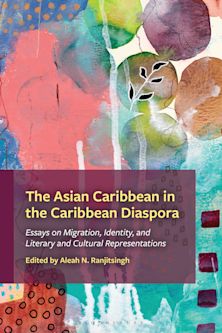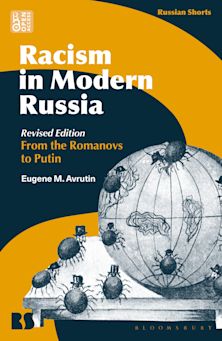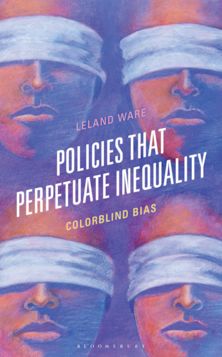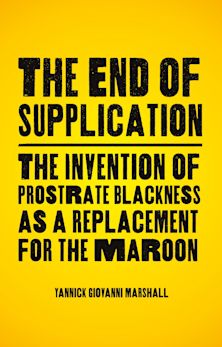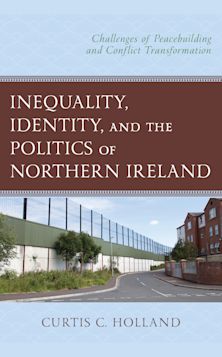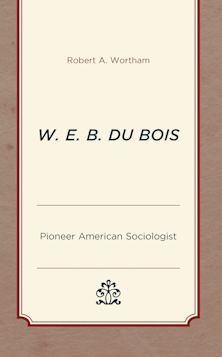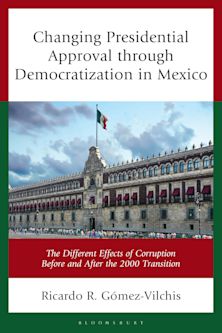Independence, Colonial Relics, and Monuments in the Caribbean
Independence, Colonial Relics, and Monuments in the Caribbean
Description
Independence, Colonial Relics, and Monuments in the Caribbean is a collection of critical perspectives on independence and the legacies of colonialism in the post-colonial Caribbean. The contributors examine themes relating to culture, identity, gender, nationhood, heritage and historic preservation in the post-independent Caribbean. In a twenty-first century context where calls for reparatory justice for the people of the Caribbean who have been disadvantaged by the effects of colonialism have intensified, this book is quite relevant as some chapters examine colonialism through relics, laws, statues and monuments, while other chapters explore the implications of African enslavement, the role of Indian indentureship, the Federation of the West Indies and the effect of the American based Black Lives Movement on the Caribbean.
Table of Contents
Allison O. Ramsay and Jerome Teelucksingh
Chapter 1: A Colonial Relic? Trinidad and Tobago and the Trinity Cross
Bridget Brereton
Chapter 2: The “George Floyd Effect” in the Caribbean: Re/Igniting Popular Discourses on Colonial Public Memory
Stanley H. Griffin
Chapter 3: Examining the Contested Heritage Value of Historic Bridgetown in Barbados
Sheron Johnson
Chapter 4: Crossing the Threshold: Exploring the Five Islands’ Role in Trinidad’s Indian Indentureship Legacy
Ashleigh John Morris
Chapter 5: Monuments to Freedom and Nationhood: Preserving the Heritage of Barbados in Metal and Stone
Allison O. Ramsay
Chapter 6: The Survival of Hinduism through Temples: The Case of the Temple in the Sea, Triveni Mandir, and Brothers Road Hindu Mandir in Trinidad 103
Shaian Albertviii Contents
Chapter 7: “To Be Joined Together in Freedom”: Statues, Identity Politics and Agency in the Netherlands Antilles, 1940–1960 125
Margo Groenewoud
Chapter 8: Gender Imbalance in Statues and Building Names in Trinidad and Tobago and at The University of the West Indies, St. Augustine
Danalee Jahgoo
Chapter 9: Codrington College and the Problematic Legacy of Christopher Codrington 159
Lynette Mills
Chapter 10: Independence Undermined from the Beginning:Deconstructing Legal Vestiges of Colonialism
Timothy Affonso
Chapter 11: “A People Can Become a Nation”: The West Indies Federation and Jamaican Independence
Renee A. Nelson
Product details
| Published | 17 Apr 2024 |
|---|---|
| Format | Ebook (Epub & Mobi) |
| Edition | 1st |
| Extent | 226 |
| ISBN | 9781666943986 |
| Imprint | Lexington Books |
| Illustrations | 19 Colour Illustrations |
| Publisher | Bloomsbury Publishing |
Reviews

ONLINE RESOURCES
Bloomsbury Collections
This book is available on Bloomsbury Collections where your library has access.












